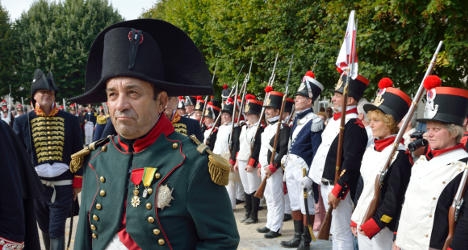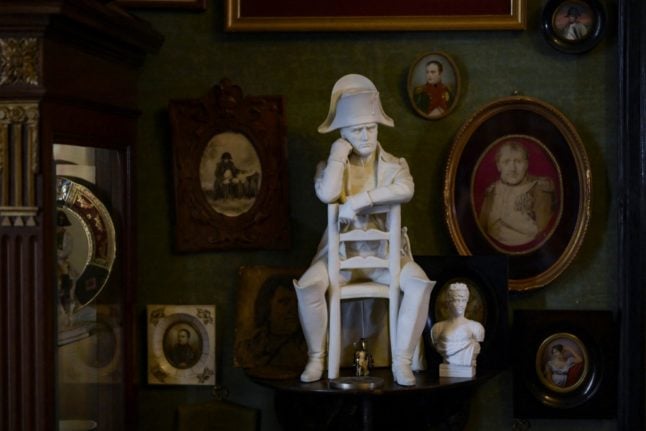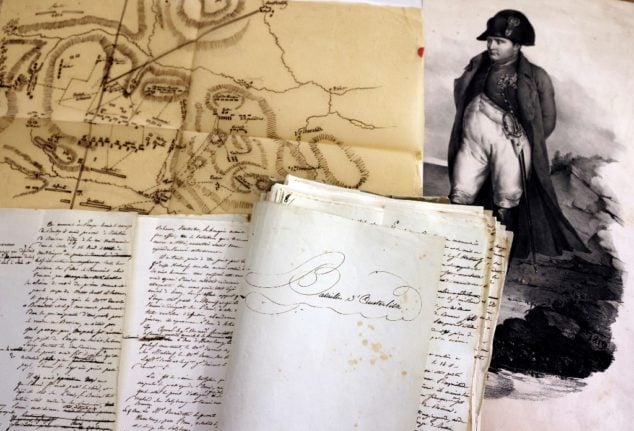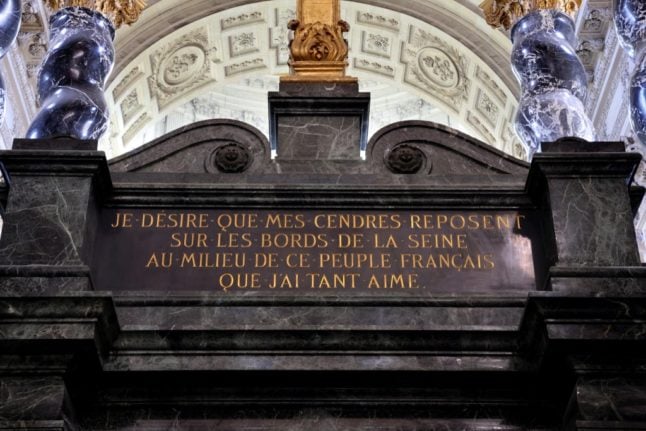The list details the inhabitants of Napoleon's household on the island, Longwood, including loyal aide General Henri Gatien Bertrand and his family, and numerous staff including “32 Chinese”.
Each day, the entourage were delivered 23 kilos of beef and veal, 23 kilos of mutton or pork, 31 kilos of bread, 42 eggs and 15 bottles of milk, two turkeys, two geese, 12 pigeons and nine fowl, in addition to the pig and ducks.
And to accompany the vast quantities of wine, also on the list were malt liquor, rum and cognac.
“This fascinating document gives a detailed insight into the quality and quantity of wine, spirits and food that were enjoyed by Napoleon and his retinue during his exile on St Helena,” explained auction house Woolley and Wallis.
The document sold for £976 ($1487, €1,330) at auction on Wednesday in the southern city of Salisbury, England.
Signed by Denzil Ibbetson, a British officer and artist who served on St. Helena, the inventory is dated October 13th, 1820.
Napoleon arrived on St. Helena in October 1815, after a long sea journey from Britain. Consumed by boredom and bitterness, Napoleon died in May 1821 aged 52, possibly of stomach cancer.





 Please whitelist us to continue reading.
Please whitelist us to continue reading.
Member comments